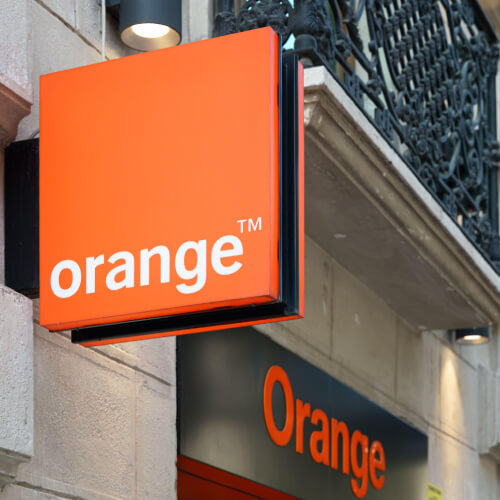
Also in today's EMEA regional roundup: Telefónica fined for takeover transgressions; Cellnex goes tech talent-spotting; Nokia wins one in Brazil.
Orange is to provide LTE-M connectivity for 800,000 connected energy-saving devices that are to be produced by Tiko in France over a period of five years. The devices will control electric radiators remotely via the Orange LTE-M network to reduce consumers' heating bills. The plan forms part of the IoT Continuum program, which was launched in 2021 and also involves Sierra Wireless (in charge of cellular modules), Lacroix (which designs, industrializes and manufactures the devices) and STMicroelectronics (advising Tiko on semiconductors). Orange reckons that 9.2 million households will be able to save up to 35% in energy costs by using the new gizmos – a significant saving, particularly in this time of sky-high European energy bills. Figure 1:
 (Source: l_martinez/Alamy Stock Photo)
(Source: l_martinez/Alamy Stock Photo)Telefónica has been fined €5 million (US$5 million) by the Spanish communications regulator, CNMC, for failing to provide required information relating to competition concerns in a timely manner when it acquired cable company DTS in 2015.
Spain's Cellnex Foundation has revealed the latest half-dozen startups to join its Cellnex Bridge tech acceleration program. They are: Innongando, which develops technology for the "smart farming" sector; AldoraTech, which uses drones to deliver parcels in rural areas; Circulr Sound, software that combines AI with audio to to create a real-time virtual map of acoustic events in a particular area; Oroi Wellbeing, a virtual reality platform to improve wellbeing for the elderly; Blind Stairs, a recruitment monitoring system that seeks to eliminate bias based on gender, ethnicity, nationality, age or sexual orientation; and Health Coop, a non-profit citizen cooperative that manages data for health research.
Nokia has landed more 5G SA private-network work, this time in Brazil with manufacturer Flex. Initial applications of the technology will focus on increasing wireless applications and exploring the potential of 5G for reliable connectivity, massive transfers of operational data and greater layout flexibility on the shopfloor.
Ericsson's energy-saving AIR 3268 radios are to be deployed on Malaysia's 5G network by Digital Nasional Berhad (DNB). DNB is the first company in Asia to use the radios, which Ericsson claims are 18% more energy efficient than their rivals' when introducing 5G over midband frequencies.
— Paul Rainford, Assistant Editor, Europe, Light Reading
About the Author(s)
You May Also Like












